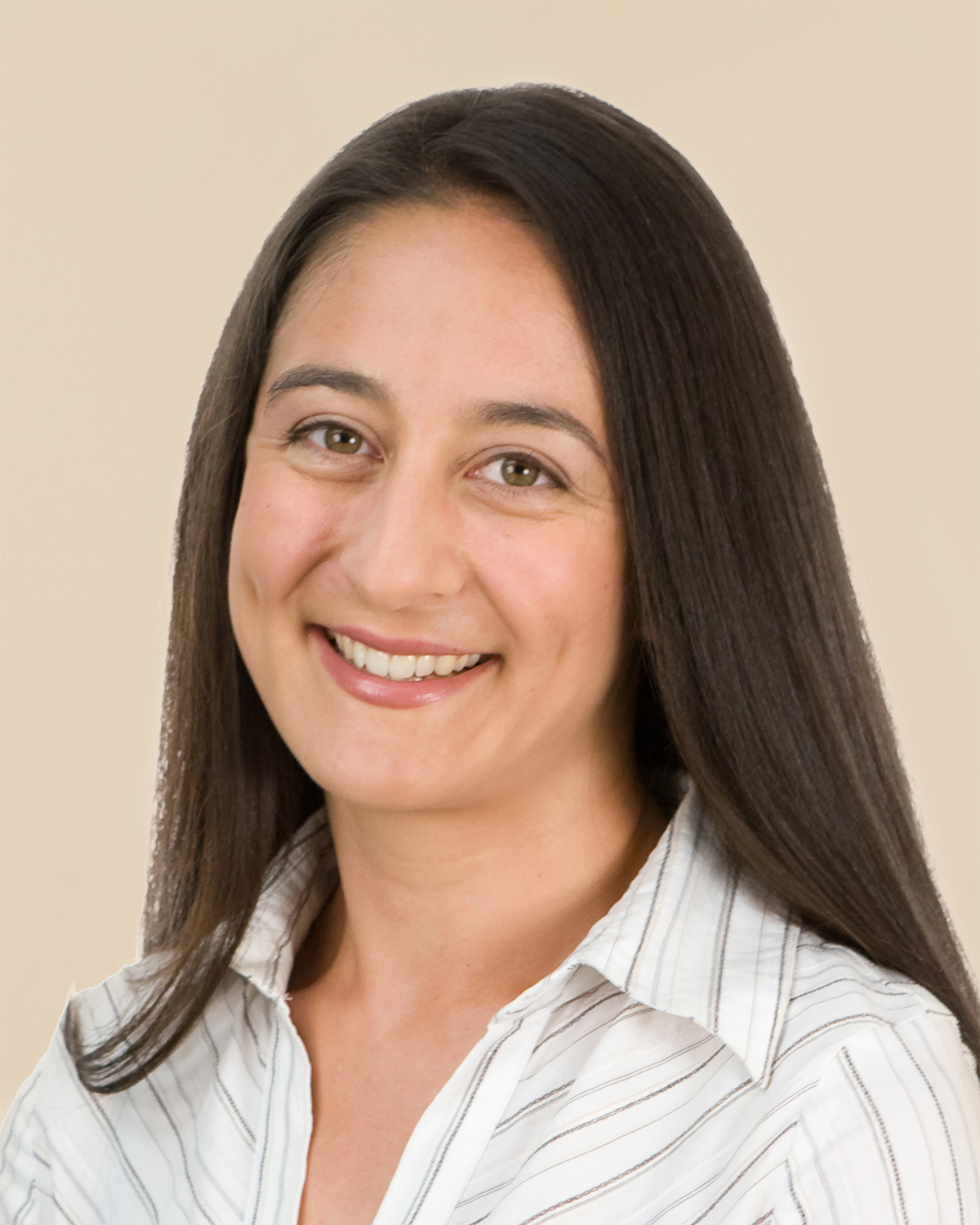
PARO’s Clinical Teaching Award recognizes the essential role that good clinical teachers play in the training of new physicians.
Dr. Yi Ning Strube, Queen’s University
Dr. Yi Ning Strube is the Director of Pediatric Ophthalmology and Adult Strabismus Service, and is an Associate Professor, Pediatric Ophthalmology and Adult Strabismus at Queen’s University, Departments of Ophthalmology and Pediatrics.
What has fuelled your passion for teaching?
I was lucky enough to have some amazing teachers and mentors who trained me. They really showed me their enthusiasm and love of the field and that’s what got me to where I am today. I always look at my residents and students and I think about how I can emulate those great teachers.
If your learners only remember one thing you’ve taught them, what would you want that to be?
The words they use and how they approach a situation can make a huge difference for the parents and the child that they’re caring for. There are a lot of technical things that we do in ophthalmology, but what overrides all that technical stuff is how they interact with families. If you give yourself to your patients and love and care for them as much as you would your own family, then it makes the hard conversations that much easier to navigate.
In these challenging times of COVID-19, can you share your perspective about teaching residents?
It’s really hard for all of us because it’s really different. I’m a one-on-one type of teacher as most of us in medicine are, so that’s kind of been thrown upside down—we’re not operating, we’re not seeing patients, instead we’re doing Zoom meetings. This pandemic has allowed us to talk more about things that are pervasive like burnout, fear, exhaustion and depression, so I’ve tried as much as I can to check in, from a distance.
How does the currently popular phrase “we’re all in this together” apply to the community of residents you have spent the last few years with?
More than ever, everyone’s got everyone’s back. We’re all helping with seeing our emergency eye clinic patients and we’re all pulling our weight, staff and residents. I wouldn’t say there’s a much bigger difference than before the pandemic because at Queen’s we’ve always been supportive of our residents.
What advice would you give to a doctor new to the role of clinical teaching?
1) Be enthusiastic for what you find fascinating about your specialty; the things that get you excited, or keep you up reading late into the night. When you’re interested in something and you’re excited about it, it’s easier to teach it.
2) Try to balance your clinical responsibilities and your teaching responsibilities. It’s hard if you’re seeing too many patients, but you can’t spend so much time teaching when you have a duty to your patients. So, balance is important.
Do you have a personal mantra that inspires your love of medicine?
I really love interacting with my patients and it’s fun. As a peds ophthalmologist, I get to not be so serious and play with the child. I feel like I can make a small impact on that family and a huge impact on that child’s vision. Lots of people have different philosophies on this, but some residents are told, “Well find what job is needed and then do that specialty, so that you can have a job at the end of the day” and I feel strongly against that; medicine is very hard, but it’s enjoyable when you find something that you really like to do.
Finish this sentence: A great role model is someone who…who tries to make other people better than they are. I want to see my residents rise and become better than me and make a difference in the world, even more than they already do. Also, someone who makes the learners really believe in themselves. If I’m having imposter syndrome or I’m feeling down for whatever reason, to this day, my mentors have that insight to make me feel like I can do it.


